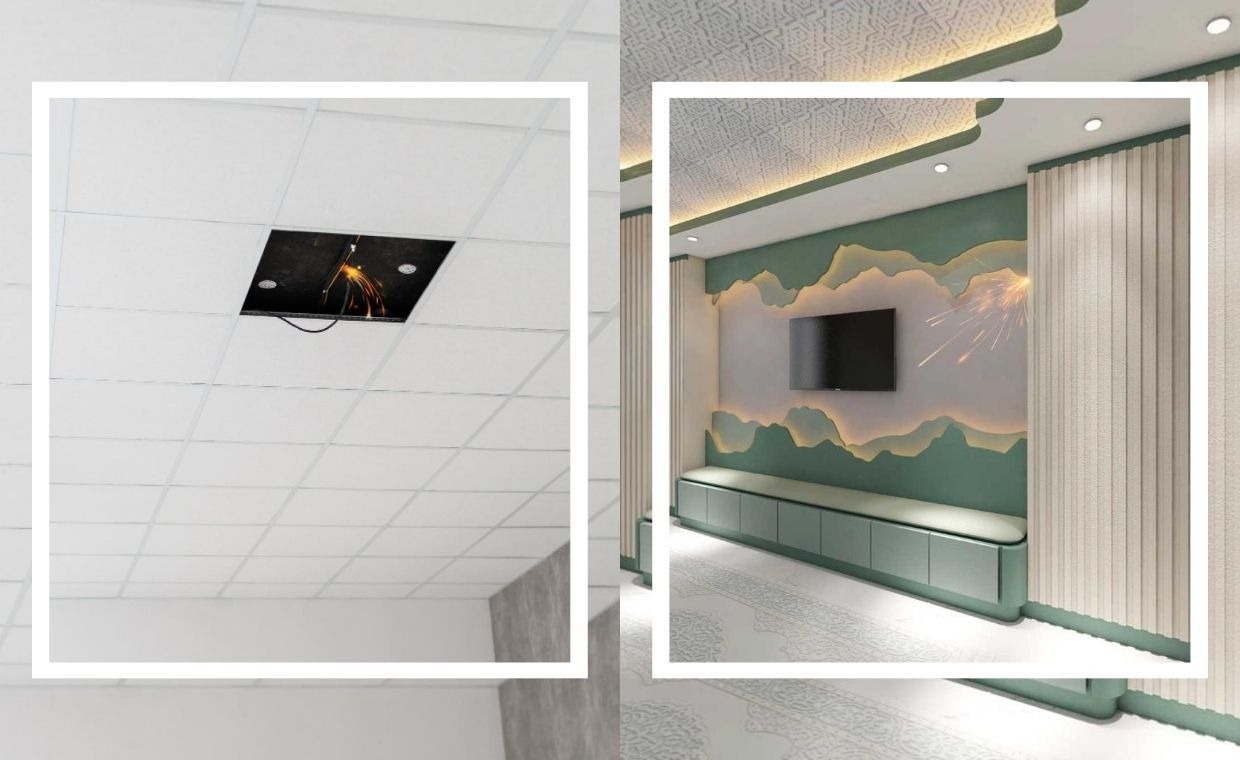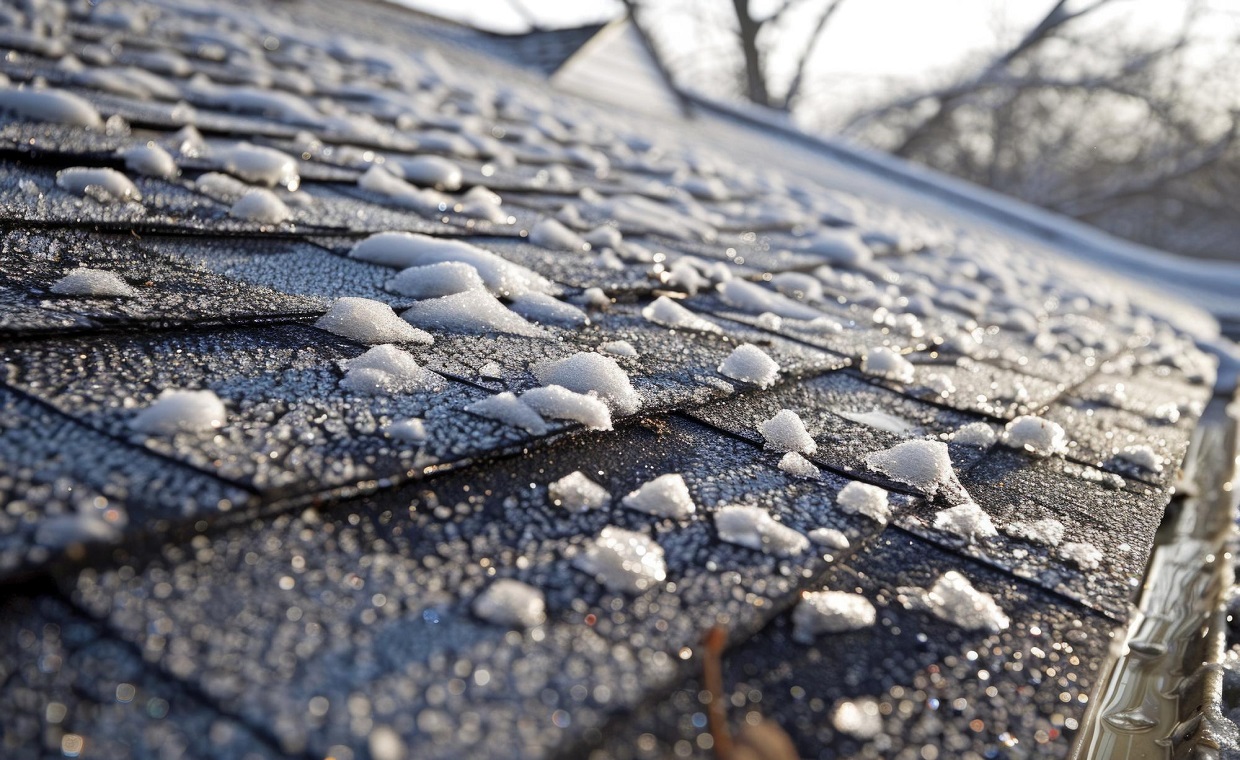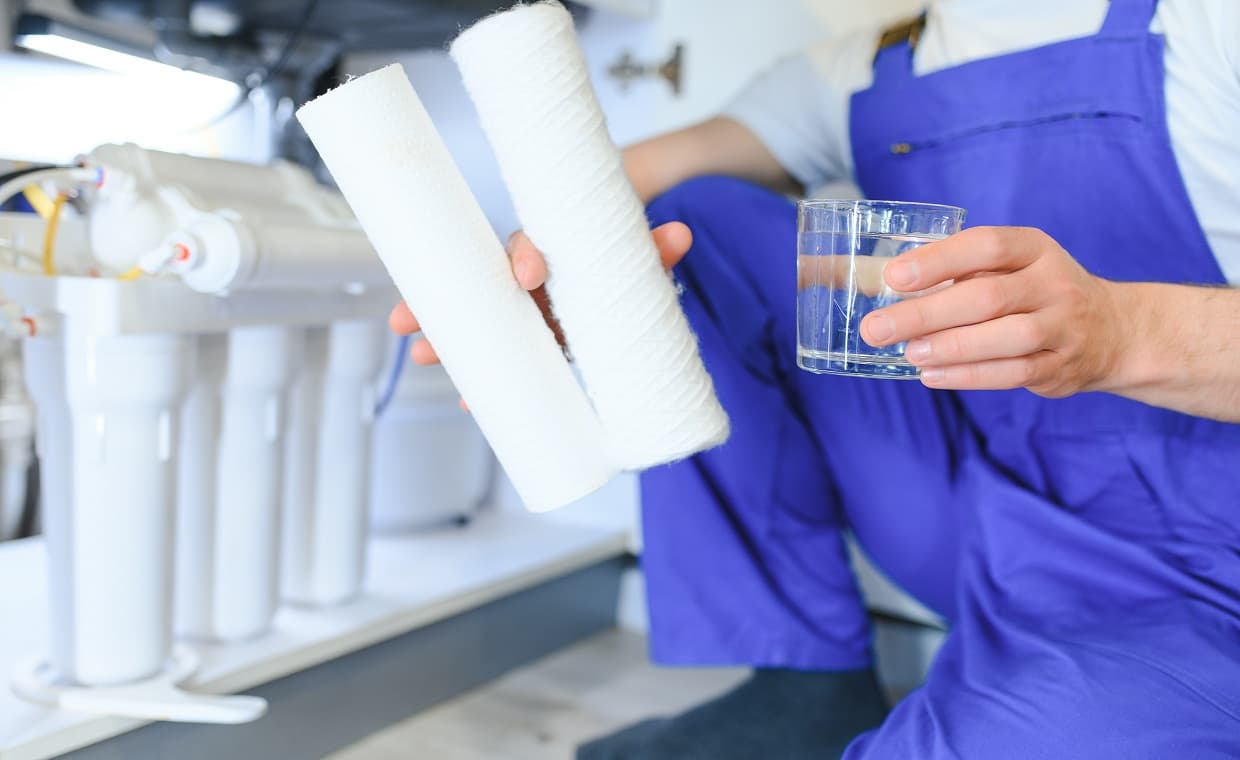
Table of Contents
Quick Summary
- Explains why replacing a whole house water filter is crucial for clean, safe water.
- Outlines how often filters should be replaced (every 3-6 months).
- Lists warning signs like low water pressure, bad taste, odors, or particles.
- Discusses risks of neglect, including bacteria growth, pipe corrosion, and appliance damage.
- Highlights that old filters can make water unsafe and costlier over time.
- Shares mistakes to avoid during filter replacement and when to call a professional.
- Provides practical tips like keeping a filter change log and testing water regularly.
Your water looks clean. It tastes fine. But an old filter could be turning the “filtered” water you consume into a breeding ground for contaminants and sediment.
If you’ve been neglecting your whole house water filter, it may be time to have it replaced. A provider of water treatment services in Post Falls, ID, gives insights on how you can protect your appliances from damage and your family’s health through a replacement.
But first…
“Do You Really Need a Whole House Water Filtration System?”
Your home may not need one. And it all depends on your water source and what contaminants are present. For chlorine and sediment, a simple 1 or 2 stage whole house filter may be sufficient. For lead, bacteria, or specific chemicals, you might need a specialized system.
“Always start with a professional water test before investing in filtration. Choosing the right system should be a data-driven process,” says a water treatment specialist.
Timely Replacement is Key
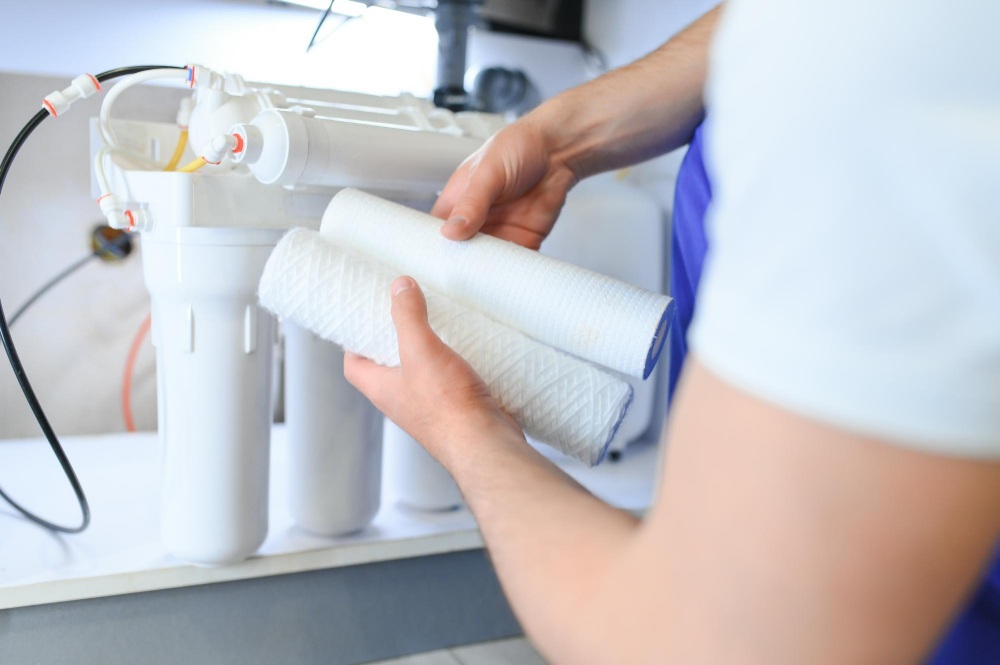
A whole house filter often needs replacing every 3 to 6 months. Your water quality and usage can change that timeline. If your water tastes odd, smells bad, or appliances aren’t running right, your filter could be overdue.
For the sake of accurate tracking, keep a filter change log. Mark replacement dates and check for early warning signs before the schedule.
Recognising Warning Signs
Filters degrade over time. Watch for reduced water pressure, cloudy water, metallic tastes, or unusual water test results. Any of these signals means your filter is failing.
Signs your filter may be overdue:
- Water pressure drops noticeably
- Water has a strange odor or taste
- Visible particles in tap water
- Appliances show scale or residue buildup
The Risks of Neglect
Sediment is sent straight into your plumbing when your filter is clogged. The buildup and process can corrode pipes, damage fixtures, and reduce the efficiency of other systems like softeners and reverse osmosis units. Over time, these repairs cost far more than the price of a replacement filter.
Take care of your filters and water purification systems. Treating replacements as part of routine home maintenance, in the same vein as changing HVAC filters or cleaning gutters, is essential.
Is Your “Filtered” Water Making You Sick?

Old filters can become a source of contamination. Bacteria, mold, and other microorganisms can grow inside the filter media once it’s saturated. Instead of protecting you, it could be adding harmful elements to your water.
If anyone in your home has recurring stomach issues or skin irritation, have your water tested immediately.
Stop Wasting Money on an Ineffective Filter
Some homeowners keep replacing the same filter model without checking if it’s the right one for their needs. Others leave filters in so long that they’re barely filtering at all. Either way, you’re wasting money.
Quick self-check:
- Compare your filter’s lifespan to your actual usage
- Test the water before and after filtration
- If there’s no difference, you need a new type of filter
Beyond the Taste: Hidden Appliance Damage
Bad water wears down expensive appliances like dishwashers and water heaters, slowly and silently, over a given period. This is because sediment or minerals that slip past a failing filter cause these appliances to struggle. Repairs or replacements can cost hundreds, or even thousands, of dollars.
If you’ve had to replace an appliance earlier than expected, check your filter and water quality before buying the next one.
Filter Replacement Nightmares to Avoid
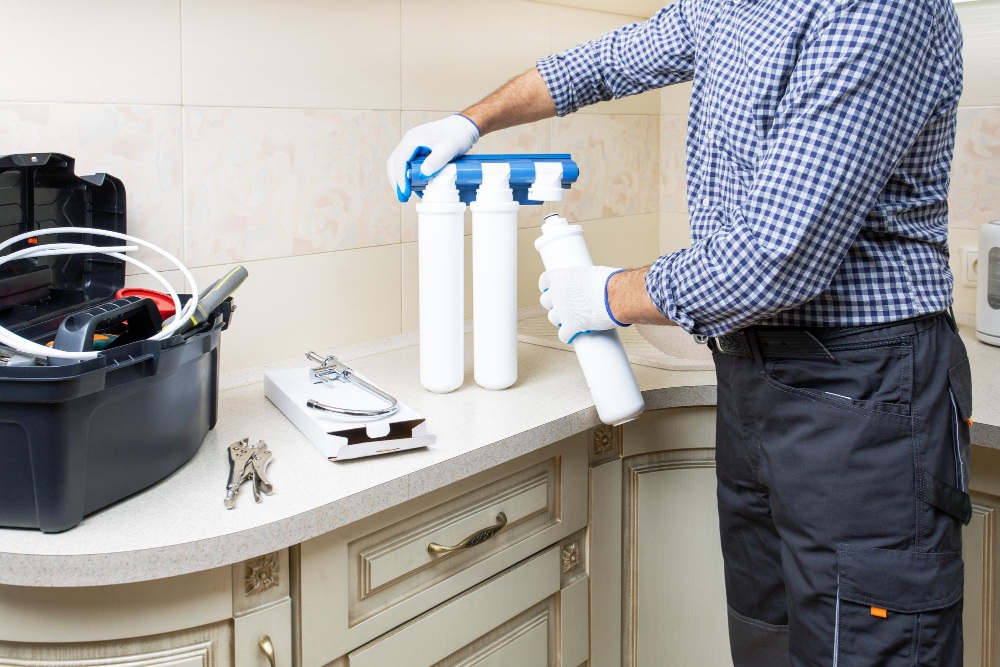
Changing a whole house filter can be messy if you’re not prepared. Water leaks, damaged housings, and cross-threaded fittings are common mistakes. A bad installation can even flood a basement.
When to call a pro:
- If the filter housing is stuck or cracked
- If you can’t shut off the main water supply
- If you’re unsure about the correct filter type or size
A whole house water filter is only as good as its maintenance. Delay replacement, and your “clean” water could be damaging your health, plumbing, and wallet. If you haven’t done so in a while, check your filter’s condition. If it’s overdue, replace it today and keep your home’s water safe.
Also Read: DIY Drainage Repair vs. Professional Fixes
FAQs: Whole House Water Filter Replacement
01. How often should I replace my whole house water filter?
Most whole house water filters need to be replaced every 3 to 6 months.
02. How can I tell if my water filter is overdue for a change?
Your water filter is likely overdue if you notice a drop in water pressure, a strange taste or odor in your water, and if you see particles in tap water.
03. What are the risks of not replacing my water filter on time?
Using an old filter can become a breeding ground for bacteria and mold, potentially making your “filtered” water unsafe.























